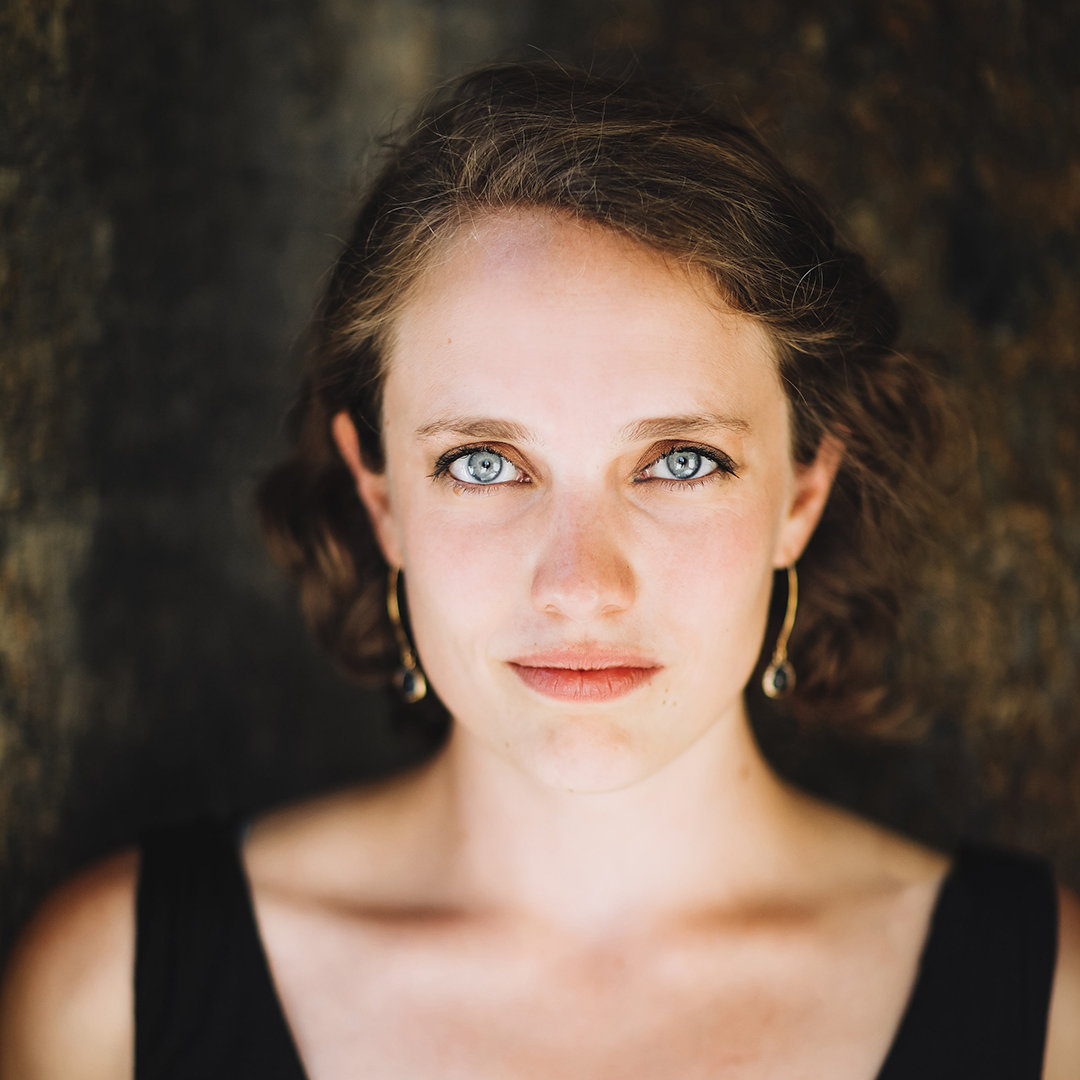
Frances Pollock is a composer, producer, and cultural strategist whose work challenges the myth of the "starving artist" by building new economic engines for cultural production. Her operas and musicals have recently been presented by the San Francisco Symphony, Opera Grand Rapids, Greenville Light Opera, Kaufman Center, Lyric Opera of Chicago, Seattle Opera, Chautauqua Opera, Opera Omaha, Aspen Music Festival, PROTOTYPE Festival, and others. She graduates today with a Doctor of Musical Arts from the Yale School of Music, where she has not only created acclaimed stage works but also reshaped how the arts engage with power, policy, and capital.
At Yale, Frances founded Midnight Oil Collective, a venture studio supporting artist-owned enterprises and mutual economics in cultural production. In collaboration with MOC, she launched the Cultural Innovation Lab at Yale, a national consortium that adapts the university tech transfer model to serve the arts. Long reserved for commercializing scientific innovation, tech transfer has largely excluded creative intellectual property. The Lab reclaims this model for culture, building shared infrastructure—with partners at the University of Michigan and CalArts—for developing, protecting, and scaling artistic work. By applying R&D pipelines, capital access, and institutional support to cultural production, Frances is helping position universities like Yale as engines of sustainable, artist-led innovation.
She works closely with Yale Ventures and the Connecticut Department of Economic and Community Development to establish Connecticut as a national hub for cultural innovation—reframing the arts not as a charitable afterthought, but as a vital sector driving economic growth and public value.
Frances’s scholarship focuses on cooperative funding structures, transmedia storytelling, and the systems artists need not just to survive—but to lead. Her academic work interrogates identity, authorship, and institutional power, particularly how universities frame and circulate cultural narratives. These inquiries shape the courses she has designed on entrepreneurship, arts institutions, and cultural theory, which prepare students to navigate and transform the creative economy. A dedicated educator, she equips artists and cultural builders to own their work, sustain their practice, and shape the systems they move through.